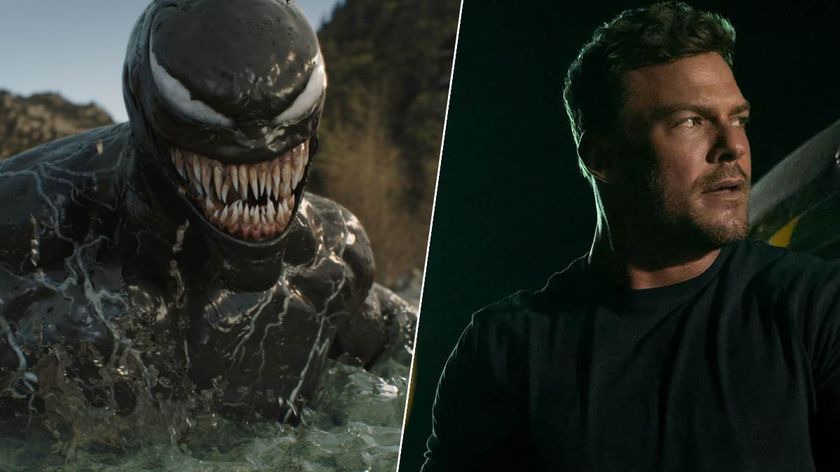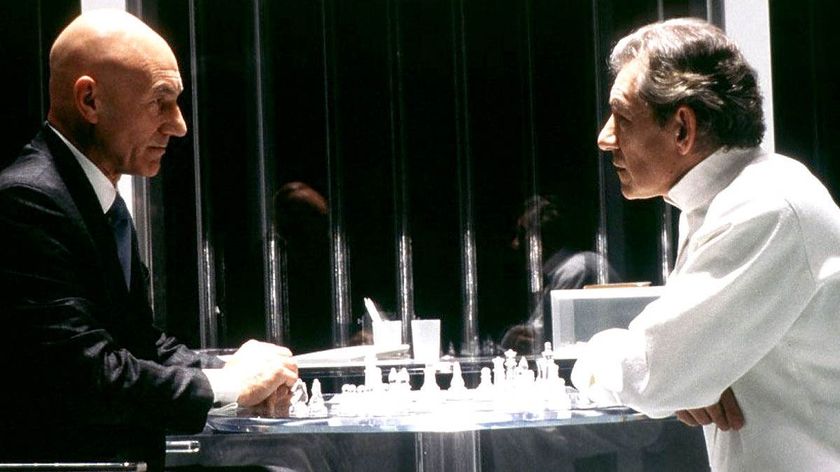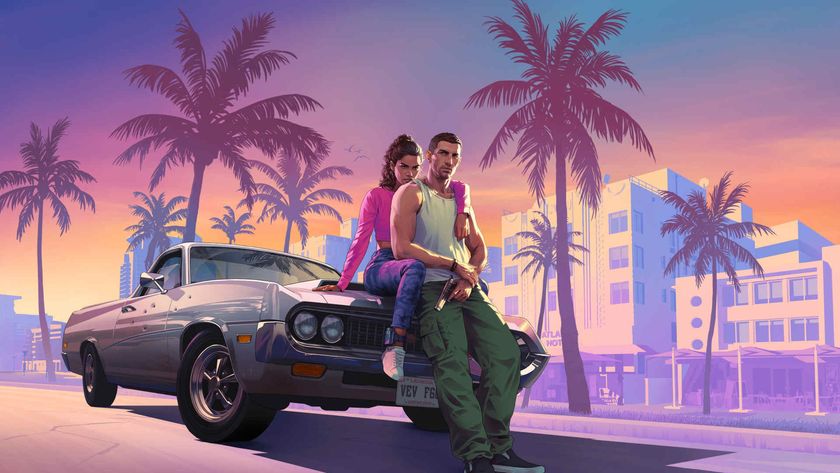Welcome to the age of obligation entertainment: how FOMO became Hollywood’s most potent weapon
From The Book of Boba Fett to Ant-Man and the Wasp: Quantumania, studios are exploiting the fact we don’t want to miss a thing
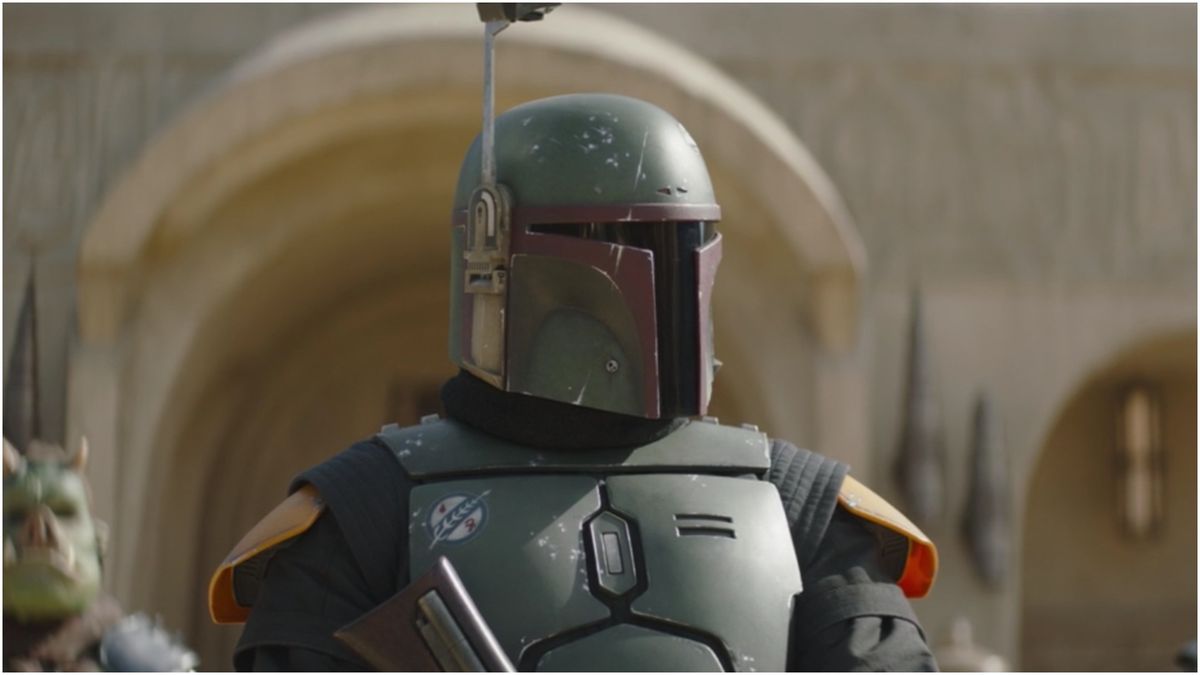
If some people tuning in for the The Mandalorian season 3 premiere felt they’d missed a trick, that’s because, well, they had. Viewers who’d skipped spin-off show The Book of Boba Fett – and there were a few – would have been utterly bewildered when season 2’s big cliffhanger had been inexplicably resolved. What happened to Luke Skywalker? How were Mando and Baby Yoda reunited? And, come to think of it, when did he pick up that smart new spaceship, and get himself expelled from that hardline group of Mandalorians who take a disproportionately dim view of helmet removal?
Those Boba Fett avoiders were about to stumble upon a cruel fact about that galaxy far, far away: that in order to truly understand The Mandalorian, one must also have knowledge of an entirely different show. They learned the hard way that staying up to speed with events in this particular corner of the Star Wars universe requires fans to watch everything – even a spin-off that’s nowhere near as good as the original.
And presumably that’s just how Disney wants it, because why would any studio take an expensive gamble on convincing an audience that their new release is unmissable when fans’ own fear of missing out will force them to seek it out of their own accord?
Welcome to the age of obligation entertainment.
We don’t want to miss a thing
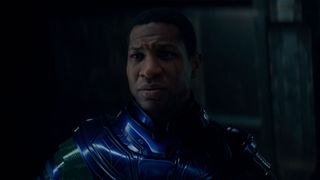
Of course, when it comes to compelling us to watch everything, Lucasfilm is simply following in the footsteps of the masters who reside on the other side of the Disney lot. In the process of crafting an immense tapestry of 31 movies and eight TV shows (and counting), Marvel Studios has ensured that keeping up with the Avengers means you also have to keep up with the Eternals, Marvels and Guardians of the Galaxy – and we’ve accepted it without question.
We were indoctrinated by stealth. First we learned that sticking around until the end of the credits was going to pay off with a gag or a cameo. Then we realised that events in, say, Iron Man 2 might have a part to play in setting the Avengers Initiative in motion.
We weren’t just happy to go along with the interconnectivity of the MCU – we applauded its genius as hit movie after hit movie upped the ante ahead of that long-awaited face-off with Thanos in Avengers: Infinity War. It was an era of success unprecedented in the history of blockbuster cinema, where box-office receipts were matched by critical acclaim. Yes, we loved how everything tied together – and applauded our own geeky smarts when we first spotted Scarlet Witch, Quicksilver and Howard the Duck – but mostly we watched the movies because they were good. Really good.
Sign up for the Total Film Newsletter
Bringing all the latest movie news, features, and reviews to your inbox
Shared benefits

But as we enter Phase 5, the joined-up-thinking of the MCU is starting to feel less like a reward for attentive fans than a shrewd/cynical (delete as appropriate) business plan. Massive shared universes have been the holy grail of mega-franchises for well over a decade – the only reason we’re focusing on Disney-owned properties here is that they’ve done it better than everyone else – and as fans we’ve lapped up the idea that we’re sharing in something big and important.
Make no mistake, however – shared universes are as much for a studio’s benefit as ours. Would we have sat through the entirety of the inconsistent Phase 4 – Black Widow, Shang-Chi and the Legend of the Ten Rings, Eternals, Spider-Man: No Way Home, Doctor Strange in the Multiverse of Madness, Thor: Love and Thunder, Black Panther: Wakanda Forever, WandaVision, The Falcon and the Winter Soldier, Loki, What If...?, Hawkeye, Moon Knight, Ms Marvel, She-Hulk: Attorney at Law, phew... – if we didn't feel we probably ought to?
That sense of obligation (and yes, professional responsibility) is undoubtedly the reason I went to see Ant-Man and the Wasp: Quantumania. It’s not a bad movie by any stretch of the imagination but watching Scott and Hope’s adventures in the Quantum Realm never felt as important as getting an introduction to Kang, a villain long trailed as the new Thanos.
Will 2025’s Avengers: The Kang Dynasty make any sense if you haven’t watched Quantumania? That remains to be seen, but seeing as Doctor Strange in the Multiverse of Madness would be utterly baffling if you haven’t first watched WandaVision, you have to assume the third Ant-Man movie will indeed be required viewing. At least we know Quantumania will be readily available on Disney Plus if we need a quick revision session...
Need versus want
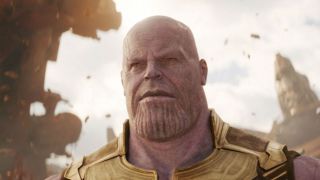
Film studios and streaming services are banking on the notion that keeping up with your favourite franchise is like following a sports team – the idea that even when your team is on a losing streak, you turn up every week because it’s in your blood, and want front row seats when things eventually start to get better.
Does the same rule apply to movie and TV franchises? If filmmakers start working on the principle that average is good enough, that FOMO will prompt audiences to turn up regardless, they may be in for a shock. Even in the mighty MCU, the 70% drop-off in Quantumania’s second week at the US box-office suggests that completists can only carry you so far when your film is merely “okay”.
Convincing us that we need, rather than simply want, to see a new release may just be the greatest trick Hollywood ever pulled. But if all those Star Wars and Marvel stories have taught us anything, it’s that even the greatest masterplans can come unstuck when you get complacent. And almost by definition, the stuff you watch out of obligation won’t be anywhere near as fun as the stuff you watch by choice.
For a taste on what's coming to cinemas this year, check out our movie release dates guide. For more spandex-shaped wonders, here's a look at the new superhero movies flying your way very soon.
Richard is a freelancer journalist and editor, and was once a physicist. Rich is the former editor of SFX Magazine, but has since gone freelance, writing for websites and publications including 12DOVE, SFX, Total Film, and more. He also co-hosts the podcast, Robby the Robot's Waiting, which is focused on sci-fi and fantasy.
